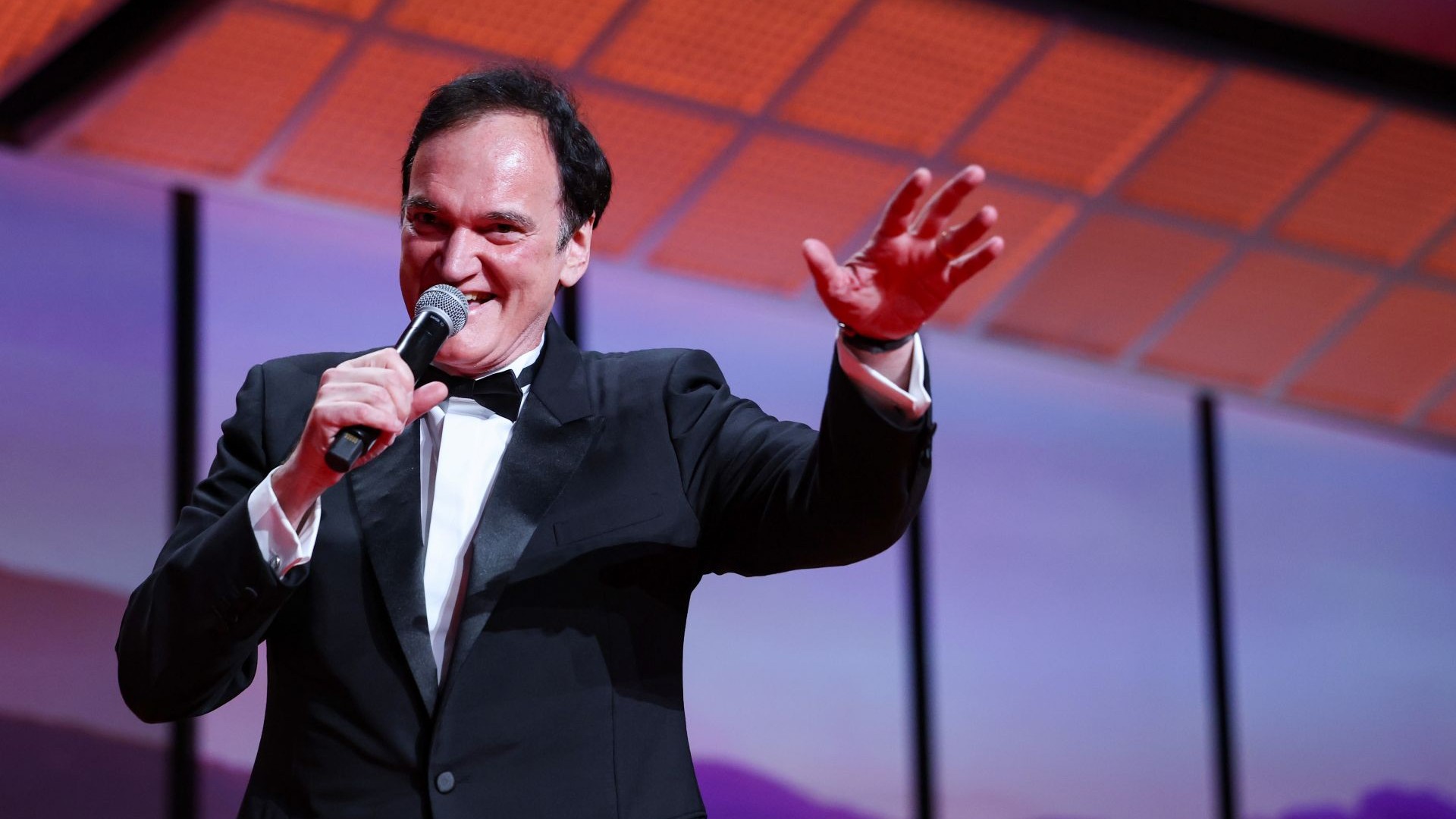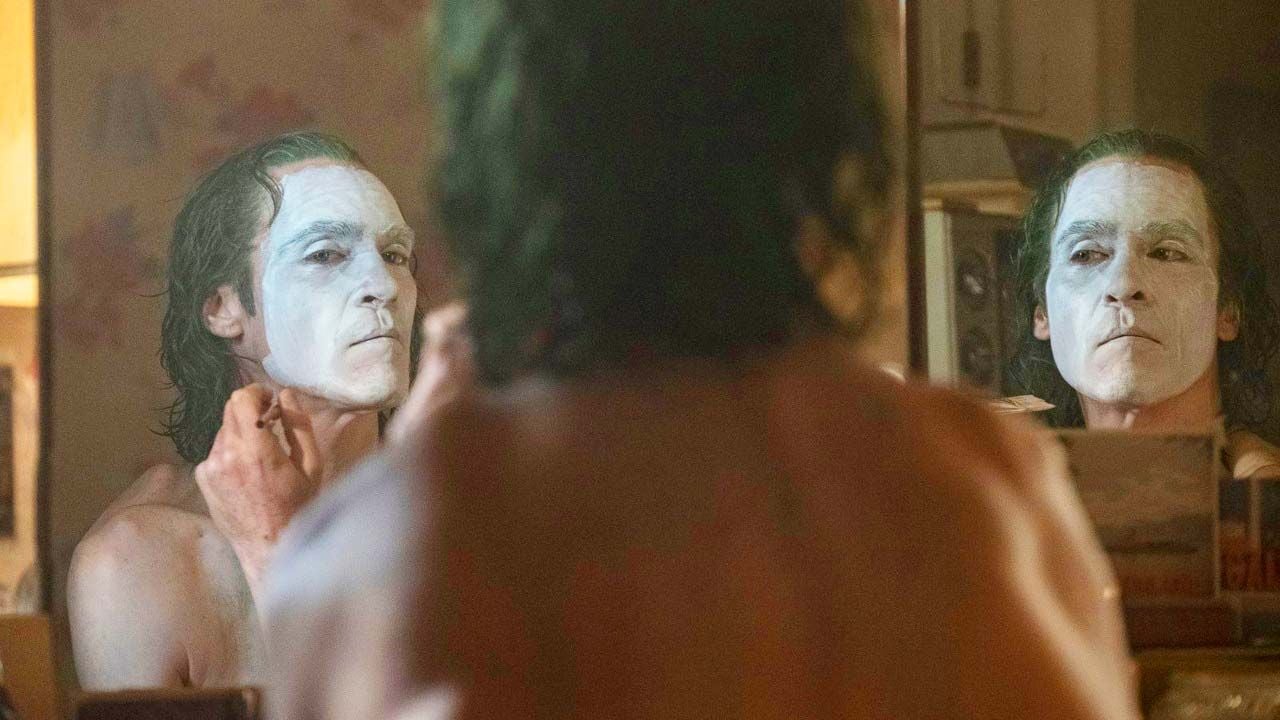Guitarist Wayne Kramer, co-founder of the raucous garage band MC5, the greatest influence of politicized punk rock, died at age 75 on Friday (2/2) at Cedars-Sinai Medical Center in Los Angeles, of kidney cancer pancreas.
The impact of MC5
In the late ’60s and early ’70s, no band was as close to the revolutionary spirit of the era as the MC5, which featured Kramer and Fred “Sonic” Smith on guitars, Rob Tyner on vocals, Michael Davis on bass and Dennis “Machine Gun”. “Thompson on drums. Managed for a time by John Sinclair, co-founder of the White Panthers (white allies of the Black Panthers), they were known for their scandalous, loud music, seen as the soundtrack to an impending uprising.
Kramer and Smith met as teenagers and played with many other musicians in Detroit before forming the band in the mid-1960s. At Tyner’s suggestion, they adopted the name MC5, short for Motor City Five, Detroit being the “motor city”. , because of the automotive industry and 5 because the band was a quintet. Musically they followed the hard rock of the time, exemplified by the Rolling Stones and the Who, but their rock sounded much louder and faster.
Discovered by Elektra Records executive Danny Fields during the Democratic National Convention in Chicago, the MC5 recorded their debut album “Kick Out the Jams” live at the Grande Ballroom on October 30 and 31, 1968. Although initial reaction had been enthusiastic, Tyner’s cry “Throw away the jams, you sons of bitches!” kept the 1969 album out of major department stores until Elektra released a censored version, against the band’s wishes.
The phrase “Kick the jams, motherfuckers!” became the emblem of the band’s direct and provocative style. MC5’s sound was loud, raw and direct, characterized by distorted guitars, frenetic rhythms and aggressive vocals. Furthermore, the band often incorporated political messages into their music and performances, which in some cases led to controversies, such as the famous “Battle of Chicago”, depicted in the Netflix film “The Chicago 7” (2020).
The MC5 were the only band to play for anti-Vietnam War protesters during the 1968 Democratic National Convention in Chicago. The political response culminated in violent clashes and the gang began to be questioned for its alliance with the young revolutionaries. However, it was also what landed him a music contract.
Legacy and influence
Although the MC5 disbanded in the early 1970s without ever achieving major commercial success, their influence on music and culture was immense. They are considered precursors of punk rock, hard rock and grunge, and their raw, energetic approach has inspired countless bands in the decades since – such as The Stooges, Ramones, Sex Pistols, The Clash, Mudhoney and Iggy’s Rage Against the Machine Pop, which was a key influence on MC5.
In addition to innovative music, MC5 are also remembered for their DIY approach, creating their own promotional material, which also influenced the punk ethic that emerged in the second half of the 1970s.
Prison, drugs and punk rock
After the group’s dissolution, Kramer became, in his own words, “a small-time criminal from Detroit.” In 1975 he was convicted of selling drugs to undercover federal agents and sentenced to four years in prison. At the time, the band The Clash paid tribute to him in the song “Jail Guitar Doors”, which references his struggles: “Let me tell you about Wayne and his cocaine dealings.”
After being released from prison in 1979, Kramer began working as a studio guitarist in Detroit, joining the group Was (Not Was) on their self-titled debut album and tour. He also collaborated with New York Dolls guitarist Johnny Thunders in the band Gang War in 1979, and produced several punk bands during his stay in New York: Marc Johnson and the Wild Alligators, The Cooties, The Rousers, The Terrorists, The Boyfriends, Fats Deacon and the Dumbwaiters, Mark Truth and the Liars, Viva LaRu, as well as the infamous GG Allin.
Solo career
Kramer has had a major solo career starting in 1991, with albums such as “The Hard Stuff” (1995), “Dangerous Madness” (1996), “Citizen Wayne” (1997) and the live album “LLMF” ( 1998). He and his entrepreneur wife Margaret Saadi Kramer also founded the MuscleTone label in 2001, through which the musician released his 2002 solo album, “Adult World.”
He also produced the album “The Lucky Ones”, by the band Mudhoney, released in 2008 as a significant link between two generations of rock musicians, linking the energy and attitude of the MC5’s protopunk with the Seattle grunge sound, known for the same raw and distorted approach to rock.
In the late 2000s, he also distinguished himself in composing soundtracks for film and television, with credits in Adam McKay comedies such as “Ricky Bobby: A Toda Velocidade” (2006) and “Almost Irmãos” (2008), the theme song to the Fox Sports Network’s “5-4-3-2-1, Spotlight” and the HBO series “Eastbound & Down” (2009-2013), by Danny McBride.
Rage Against the Machine guitarist Tom Morello paid tribute to Kramer on Instagram: “Brother Wayne Kramer was the greatest man I ever knew. He had a unique blend of deep wisdom and deep compassion, wonderful empathy and tenacious conviction . His band, basically the MC5 invented punk rock.”
Source: Terra
Earl Johnson is a music writer at Gossipify, known for his in-depth analysis and unique perspective on the industry. A graduate of USC with a degree in Music, he brings years of experience and passion to his writing. He covers the latest releases and trends, always on the lookout for the next big thing in music.







